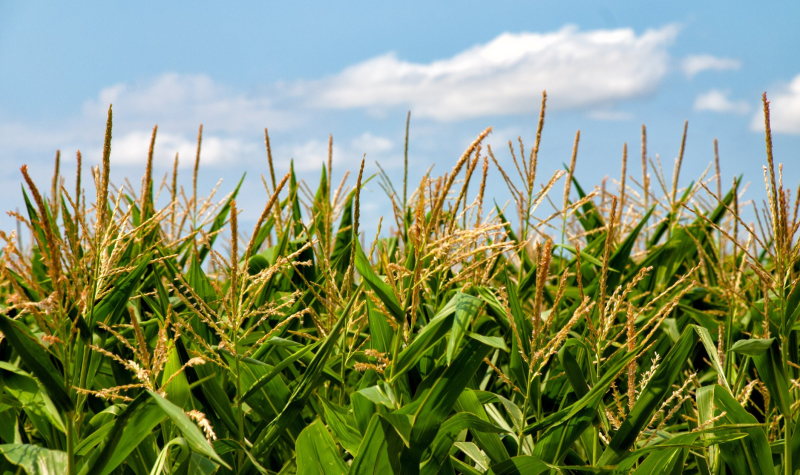While the weather this summer may been problematic for Wellington County residents, the area's farmers had to battle through heavy rain and periods of drought to salvage a strong fall harvest.
President of the Wellington Federation of Agriculture Janet Harrop says fire risks had to be top of mind as that can be a result of harvesting wet hay. To counteract this issue, Harrop said the bales were draped with plastic coverings. She admitted the erratic weather had farmers feeling down at times, and some processes were substantially more difficult than in other years.
"It took us five and a half weeks to process and harvest our straw which normally takes about two weeks, and so it was a lot of frustration," Harrop explained.
"We were feeling like we were never going to get done. The winter is really to reconnect with people, not take on too many projects and try to recharge our batteries," she concluded.
Despite the funky forecasts, Harrop reports the fall harvest is looking bountiful.
"The cropping this year has been very plentiful. We had an abundance of rain in the summer which in the summer itself had its challenges of trying to harvest dry hay and straw," Harrop said.
"Overall, it's produced an abundance of wheat and currently the soybeans are looking really good," she added.
Harrop says to continue to provide the quality farm-to-table food Wellington County is known for, adapting to weather conditions in a changing climate is paramount. "Go with the flow" is her new mantra, as she predicted these types of summers to continue to be a theme.
The benefits of eating locally are twofold, according to Harrop, who says doing so allows you to support local producers and reduce your carbon footprint.
Listen to the CICW story below:


